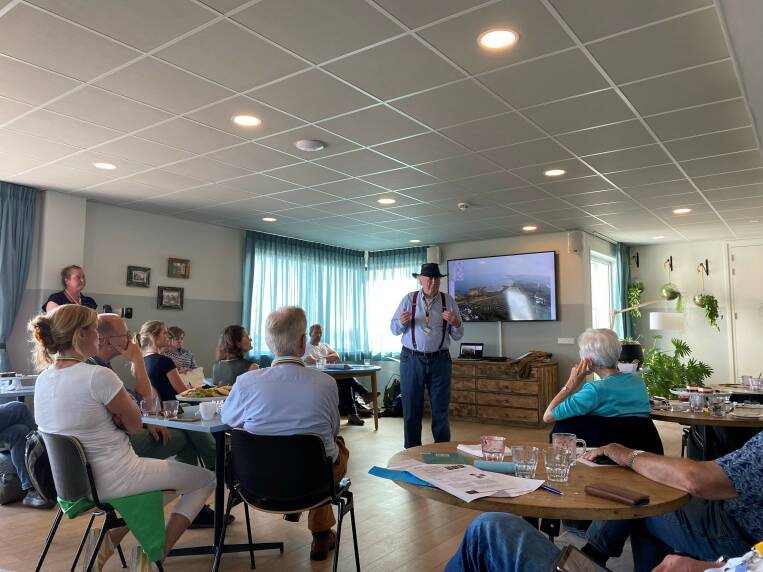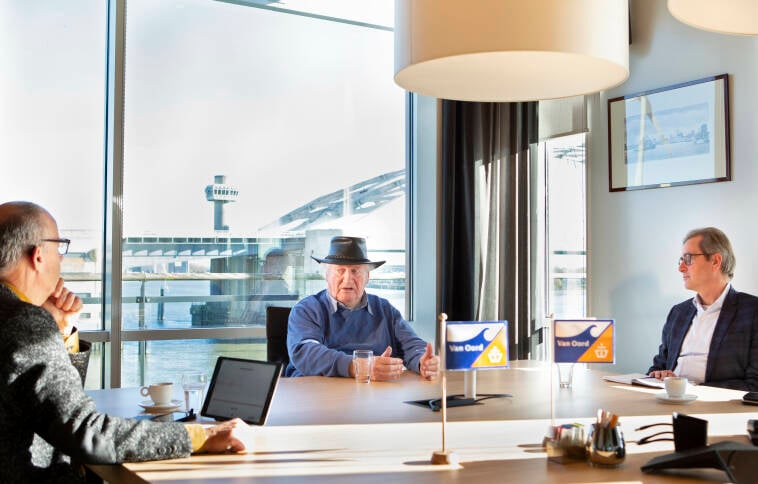
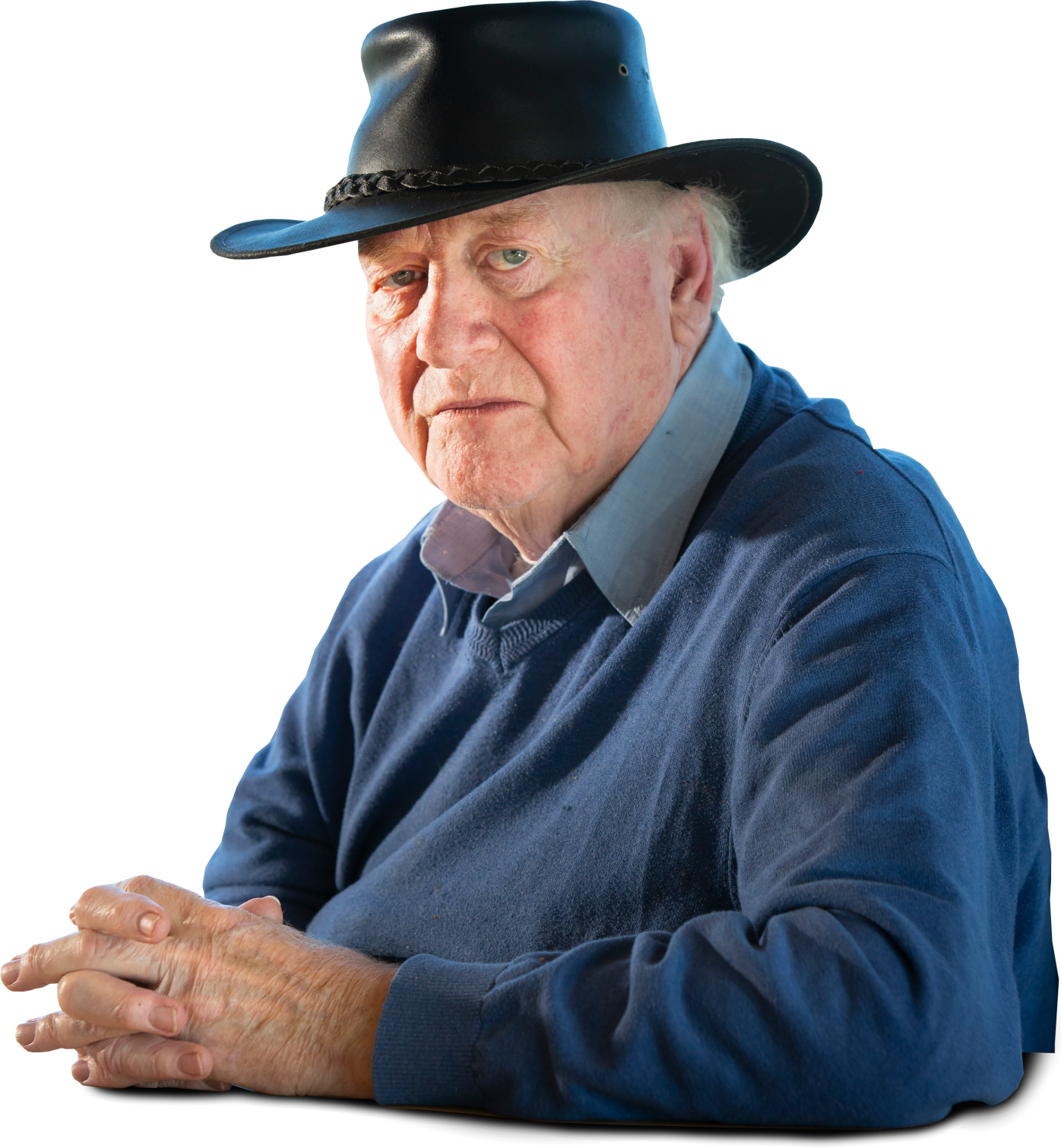
Interview
Vision pays off
We're in a race against time
A journalist, multi-scientist, entrepreneur, and environmental activist, Wouter van Dieren is the patriarch of the Dutch environmental movement.
‘We're in a race against time. We must find a balance between what must be done, what is politically viable, and what is technically feasible.’
Scroll down to read more
Wouter van Dieren
As one of the initiators of Van Oord’s Sustainability Advisory Board, Wouter says farewell to this advisory board in 2021. A good opportunity to ask him a few questions.

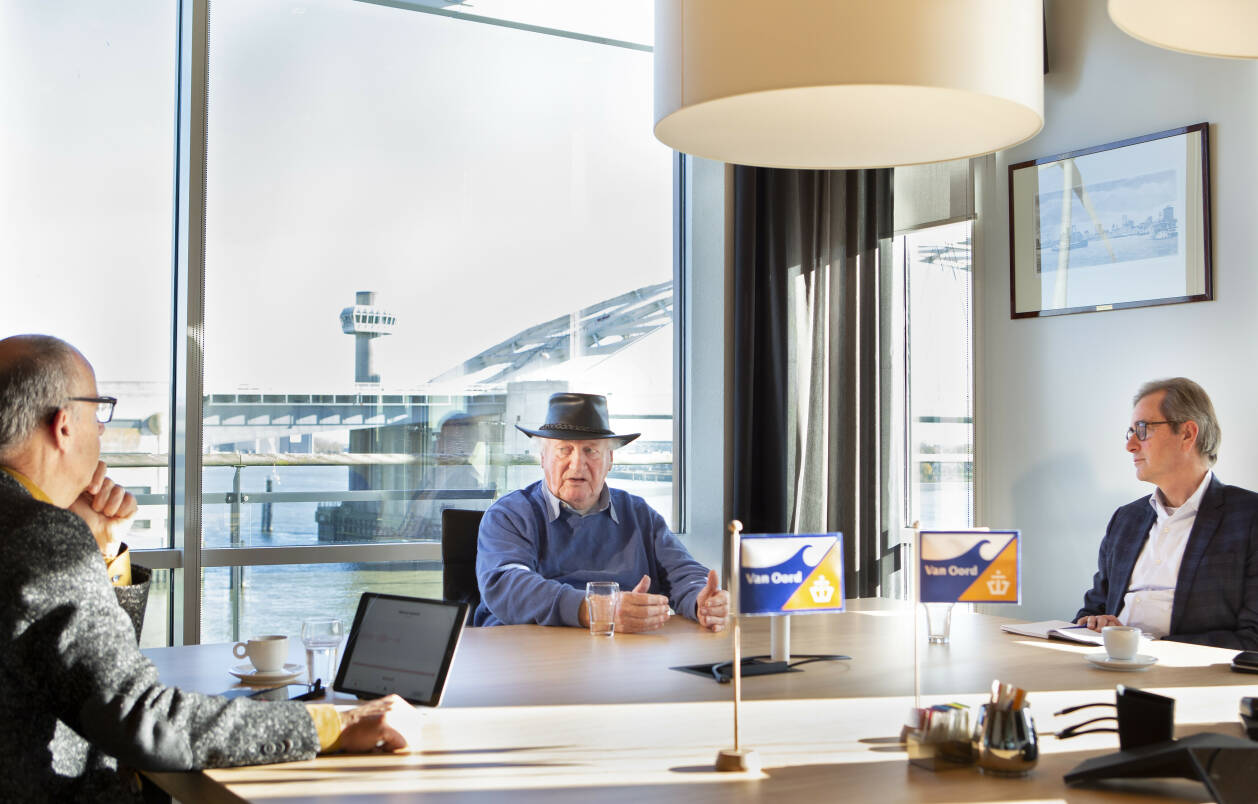
Question 1
You were there when the Club of Rome published the ‘Limits to growth’ report. This report sounded a clear alarm. Is the situation today as alarming as it was back then?
Last year, KPMG's rerun of our model resulted in the exact same curves as in 1972. That means that we're approaching systemic economic collapse sometime between 2030 and 2060. At that point, there will not be enough energy, global warming will have gone too far, many natural resources will have been depleted, and we won't be able to feed the world. That's what the model is telling us. On the other hand, significant progress has been made since 1972. Concepts that we consider normal today were unheard of back then. We had no green infrastructure in government, media, technology, no green jobs, no legislation, etc. We do today. And thousands of new measures have been implemented since then. That's a positive development.
Still, we are too late. The media tell us every day. But my response to climate alarmists who are constantly telling us to hurry up is: ‘consider what we've accomplished in such a short period of time. It's a huge success. And transforming the entire global economy from relying on fossil fuels to using renewable energy is simply not possible in just ten years. You shouldn't take society hostage with threats and deadlines. That only causes resistance. Yes, we're in a race against time, but we must find a balance between what must be done, what is politically viable, and what is technically feasible.
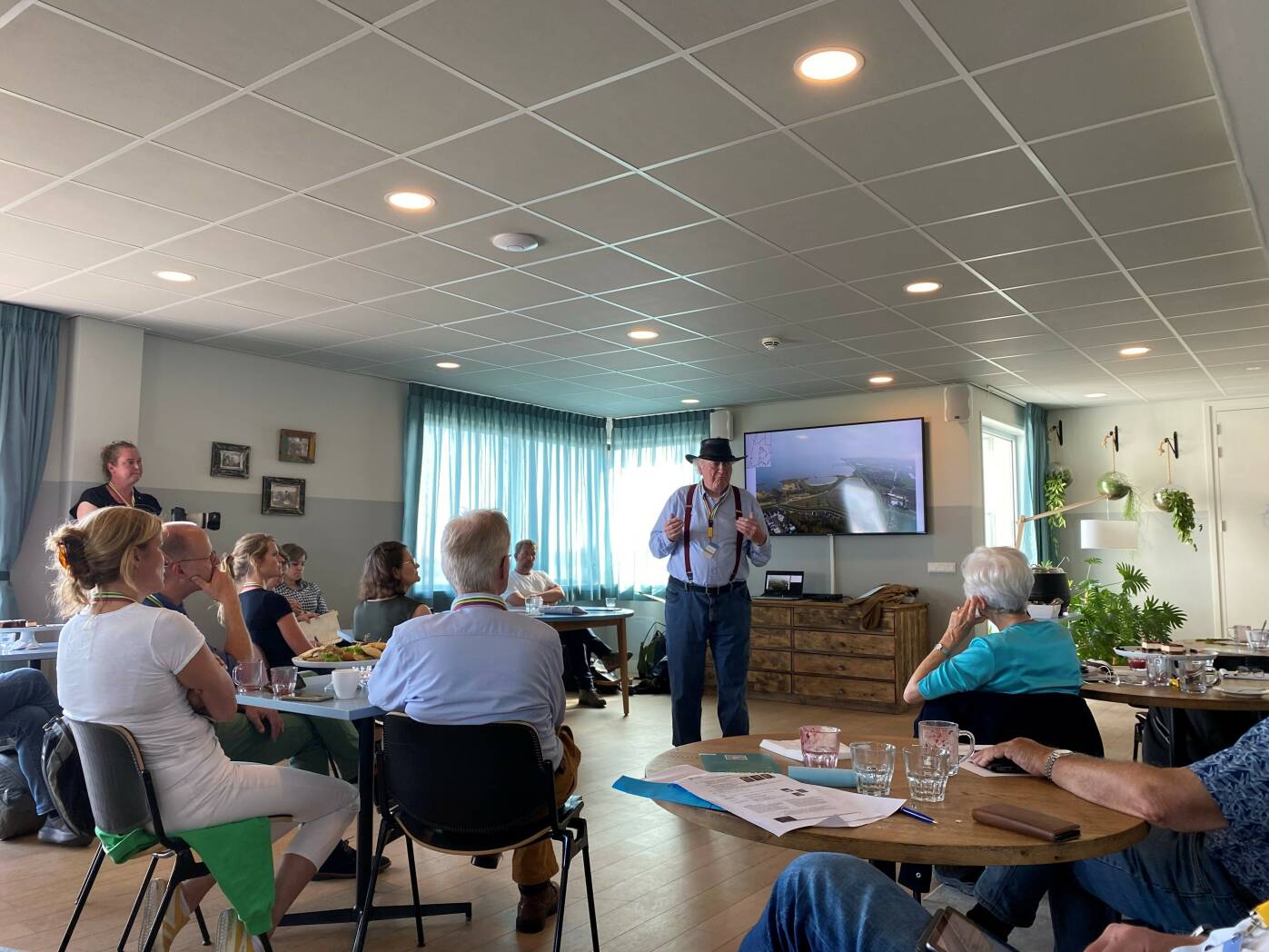
Question 2
What role can Van Oord play in the race against climate change and in the ongoing transitions?
In 2018, Van Oord turned 150. I was part of the Sustainability Advisory Board of Van Oord. Together with the other external experts, we urged to treat this anniversary as a tipping point. It was very brave to invite Christiane Figueres, who championed the Paris Climate Agreement, to attend the anniversary event. She got on stage and called on Van Oord to help the world. ‘Take responsibility' were her exact words. The will to take responsibility serves as a powerful compass for Van Oord. We had already established an internal vision on sustainability. And we have developed intricate models to support our understanding of coastlines and ocean currents. Now it's time to share our vision and these models with the outside world. To take responsibility. The step that Van Oord took in recent months by participating in the COP26 is a great example of this.
I would like to see Van Oord take initiative. To not wait for tenders to come along, but to develop concepts and generate a market for these concepts. Van Oord has the knowledge and the model to do so and is showing the world, starting with the Netherlands, an incredible alternative. Take the initiative to find stakeholders and investors. Apply your unique knowledge and expertise proactively. I consider this the most important task for Van Oord in the coming years. Make a promise to the world. Dare to do it. Vision pays off! Van Oord's offer to help vulnerable coastal areas in the world with knowledge, to contribute to master plans and by offering new solutions fits in perfectly with this idea. Offering a knowledge tool to Mr. Ban Ki-moon as Chair of the Global Commission on Adaptation was an important step. That's marine ingenuity.
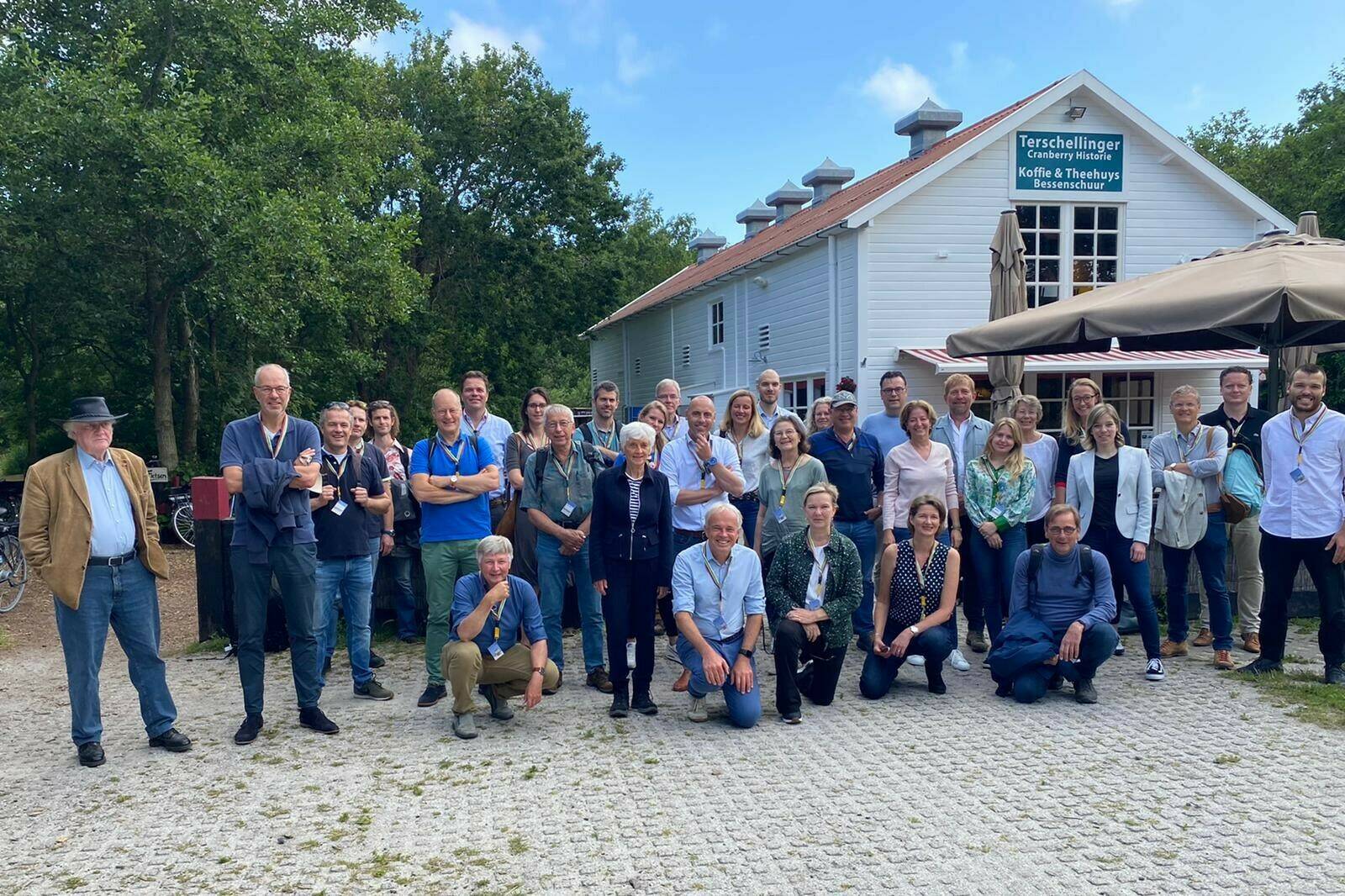
Question 3
That is a clear call to action. What role does the Sustainability Advisory Board play in this?
It’s a significant transition to go from a tender mindset to generating new markets. That takes time. In addition, we're noticing that there are people within Van Oord who see this as a monumental topic. But it doesn't make sense to view yourself as a small link within this larger task. So much has been done already. Van Oord has already established an excellent system internally with clear markers, called the Climate Adaptation Program. In addition to tackling climate adaptation, Van Oord has started building new coalitions around the important theme of Ocean Health. The decline of biodiversity is an enormous challenge and requires new solutions for coral, mangroves and seagrass. That is also a new market for the engineers of Van Oord.
The role of the Sustainable Development Goals has landed. The Advisory Board primarily acted as a sounding board in this matter. What we should aim for now, is to more actively present ourselves to the outside world. Former Prime Minister Jan Peter Balkenende, but also other colleagues on the advisory board, are members of several significant groups. Let's mobilise those groups. Take for example the club of former prime ministers or the many collaborating international NGOs. Explain that we’re capable of protecting forty thousand kilometres of coastline. We have the technical expertise to do so. So what's holding us back? We have the opportunity to open an incredible market.
Sustainability Advisory Board 2021
The Executive Committee of Van Oord is advised by the Sustainability Advisory Board concerning matters that relate to the company’s impact on society. The Sustainability Advisory Board is made up of external experts and serves as a think tank, sounding board and above all inspirator.
Read more
back to top
Members of the Sustainability Advisory Board 2021:
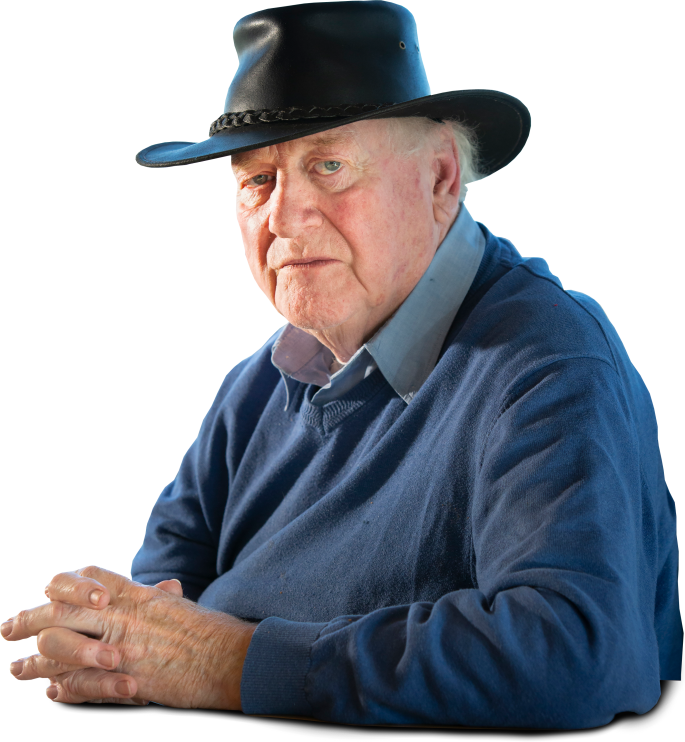
- M. Demmers – Director of the Dutch Natuur & Milieu foundation and member of the Supervisory Boards of FMO, AquaMinerals, DRIFT for transition.
- M. van Golstein Brouwers – Chair Supervisory Board B Lab Europe, Qredits Micro Financing and member Supervisory Board Invest NL, member several Impact Foundations.
- J.P. Balkenende – Former Dutch Prime Minister, External Senior Advisor for EY, Professor of Governance, Institutions and Internationalisation at Erasmus University Rotterdam, Chairman of the Dutch Sustainable Growth Coalition, and member of the World Leadership Alliance and the Supervisory Board of ING.
- W. van Dieren – Multi-scientist, author, visiting professor in Berlin and Vienna, counsel to numerous international companies, fellow-member of the Club of Rome and of the World Academy of Art and Science. He was nominated the green patriarch of the Netherlands.
A journalist, multi-scientist, entrepreneur, and environmental activist, Wouter van Dieren is the patriarch of the Dutch environmental movement.
‘We're in a race against time. We must find a balance between what must be done, what is politically viable, and what is technically feasible.’
The Executive Committee of Van Oord is advised by the Sustainability Advisory Board concerning matters that relate to the company’s impact on society. The Sustainability Advisory Board is made up of external experts and serves as a think tank, sounding board and above all inspirator. Sustainability dilemmas were regular agenda items for these meetings. Examples included:
- To what extent should Van Oord invest in affirming its global leadership in climate adaptation?
- How ambitious should the emissions reduction targets be? The impact of COVID-19 on business versus the opportunities to ‘build back better’ towards a more sustainable world.
As one of the initiators of Van Oord’s Sustainability Advisory Board, Wouter says farewell to this advisory board in 2021. A good opportunity to ask him a few questions.
Question 1
You were there when the Club of Rome published the ‘Limits to growth’ report. This report sounded a clear alarm. Is the situation today as alarming as it was back then?
Last year, KPMG's rerun of our model resulted in the exact same curves as in 1972. That means that we're approaching systemic economic collapse sometime between 2030 and 2060. At that point, there will not be enough energy, global warming will have gone too far, many natural resources will have been depleted, and we won't be able to feed the world. That's what the model is telling us. On the other hand, significant progress has been made since 1972. Concepts that we consider normal today were unheard of back then. We had no green infrastructure in government, media, technology, no green jobs, no legislation, etc. We do today. And thousands of new measures have been implemented since then. That's a positive development.
Still, we are too late. The media tell us every day. But my response to climate alarmists who are constantly telling us to hurry up is: ‘consider what we've accomplished in such a short period of time. It's a huge success. And transforming the entire global economy from relying on fossil fuels to using renewable energy is simply not possible in just ten years. You shouldn't take society hostage with threats and deadlines. That only causes resistance. Yes, we're in a race against time, but we must find a balance between what must be done, what is politically viable, and what is technically feasible.
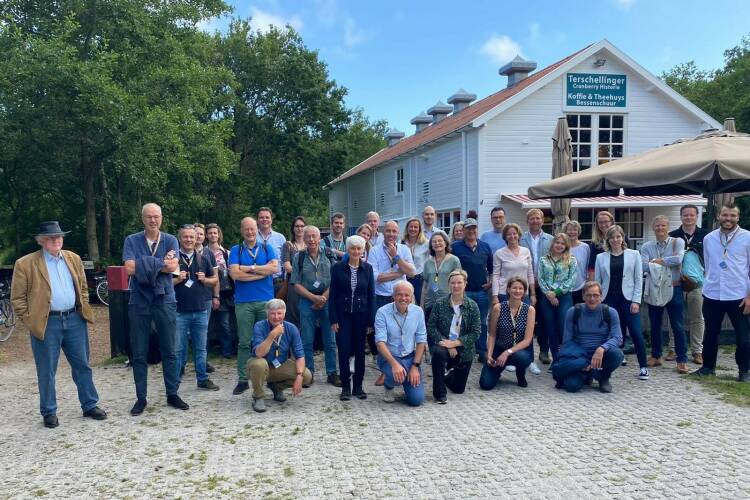
Sustainability Advisory Board 2021
The Executive Committee of Van Oord is advised by the Sustainability Advisory Board concerning matters that relate to the company’s impact on society. The Sustainability Advisory Board is made up of external experts and serves as a think tank, sounding board and above all inspirator.
back to top
It’s a significant transition to go from a tender mindset to generating new markets. That takes time. In addition, we're noticing that there are people within Van Oord who see this as a monumental topic. But it doesn't make sense to view yourself as a small link within this larger task. So much has been done already. Van Oord has already established an excellent system internally with clear markers, called the Climate Adaptation Program. In addition to tackling climate adaptation, Van Oord has started building new coalitions around the important theme of Ocean Health. The decline of biodiversity is an enormous challenge and requires new solutions for coral, mangroves and seagrass. That is also a new market for the engineers of Van Oord.
The role of the Sustainable Development Goals has landed. The Advisory Board primarily acted as a sounding board in this matter. What we should aim for now, is to more actively present ourselves to the outside world. Former Prime Minister Jan Peter Balkenende, but also other colleagues on the advisory board, are members of several significant groups. Let's mobilise those groups. Take for example the club of former prime ministers or the many collaborating international NGOs. Explain that we’re capable of protecting forty thousand kilometres of coastline. We have the technical expertise to do so. So what's holding us back? We have the opportunity to open an incredible market.
That is a clear call to action. What role does the Sustainability Advisory Board play in this?
In 2018, Van Oord turned 150. I was part of the Sustainability Advisory Board of Van Oord. Together with the other external experts, we urged to treat this anniversary as a tipping point. It was very brave to invite Christiane Figueres, who championed the Paris Climate Agreement, to attend the anniversary event. She got on stage and called on Van Oord to help the world. ‘Take responsibility' were her exact words. The will to take responsibility serves as a powerful compass for Van Oord. We had already established an internal vision on sustainability. And we have developed intricate models to support our understanding of coastlines and ocean currents. Now it's time to share our vision and these models with the outside world. To take responsibility. The step that Van Oord took in recent months by participating in the COP26 is a great example of this.
I would like to see Van Oord take initiative. To not wait for tenders to come along, but to develop concepts and generate a market for these concepts. Van Oord has the knowledge and the model to do so and is showing the world, starting with the Netherlands, an incredible alternative. Take the initiative to find stakeholders and investors. Apply your unique knowledge and expertise proactively. I consider this the most important task for Van Oord in the coming years. Make a promise to the world. Dare to do it. Vision pays off! Van Oord's offer to help vulnerable coastal areas in the world with knowledge, to contribute to master plans and by offering new solutions fits in perfectly with this idea. Offering a knowledge tool to Mr. Ban Ki-moon as Chair of the Global Commission on Adaptation was an important step. That's marine ingenuity.
I would like to see Van Oord take initiative. To not wait for tenders to come along, but to develop concepts and generate a market for these concepts. We have the knowledge and the model to do so and we're showing the world, starting with the Netherlands, an incredible alternative. Take the initiative to find stakeholders and investors. Take responsibility! Apply your unique knowledge and expertise proactively. I consider this the most important task for Van Oord in the coming years. Make a promise to the world. As a bonus, you'll generate your own future projects. Dare to do it. Vision pays off!
What role can Van Oord play in the race against climate change and in the ongoing transitions?
